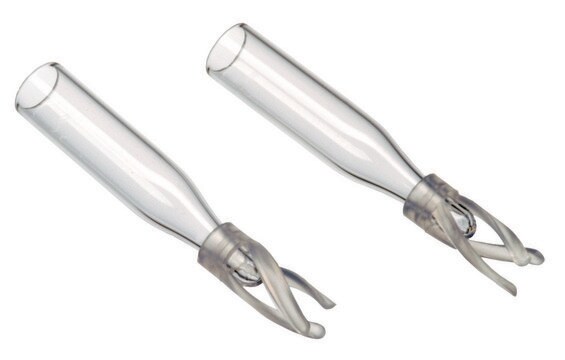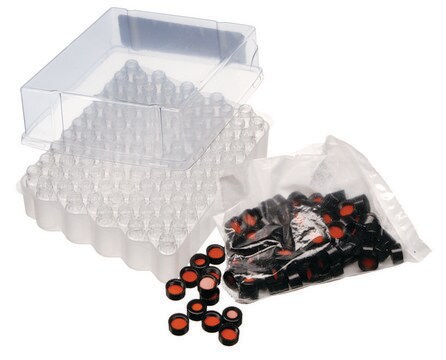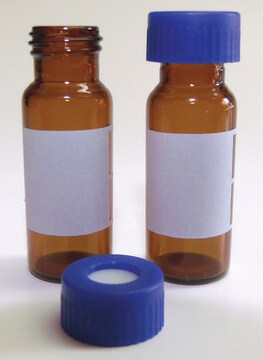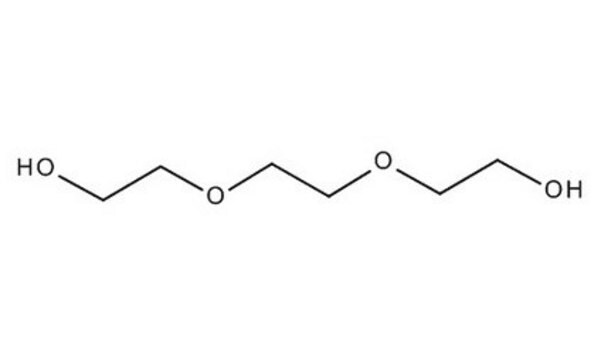24765
Screw cap (open-top), polypropylene
yellow polypropylene hole cap, thread for 8-425, no septum, pkg of 1000 ea
Sign Into View Organizational & Contract Pricing
All Photos(1)
About This Item
UNSPSC Code:
41122001
Recommended Products
material
yellow polypropylene hole cap
feature
autoclavable
closure type black polypropylene hole cap
closure type screw top vial
no septum
packaging
pkg of 1000 ea
parameter
135 °C temp. limit
fitting
thread for 8-425
compatibility
for use with 2 mL vial, 12 × 32 mm, 4.6 mm I.D.
Looking for similar products? Visit Product Comparison Guide
General description
These hole caps do not come with septa.
Related product
Choose from one of the most recent versions:
Certificates of Analysis (COA)
Lot/Batch Number
Sorry, we don't have COAs for this product available online at this time.
If you need assistance, please contact Customer Support.
Already Own This Product?
Find documentation for the products that you have recently purchased in the Document Library.
Hadas Cohen-Dvashi et al.
Cell host & microbe, 27(3), 418-427 (2020-02-16)
Ebola virus disease is a severe health problem in Africa. Vaccines that display the Zaire ebolavirus glycoprotein spike complex are a prime component for the effort to combat it. The VH3-15/Vλ1-40-based class of antibodies was recently discovered to be a
Yoichiro Fujioka et al.
Cell host & microbe, 23(6), 809-818 (2018-05-22)
Influenza A virus (IAV) infection is initiated by the attachment of the viral glycoprotein hemagglutinin (HA) to sialic acid on the host cell surface. However, the sialic acid-containing receptor crucial for IAV infection has remained unidentified. Here, we show that
Atilgan Yilmaz et al.
Cell stem cell, 27(4), 679-691 (2020-08-01)
Pluripotent stem cells can differentiate into all embryonic germ layers, yet the genes essential for these cell fate transitions in human remain elusive. Here, we mapped the essential genes for the differentiation of human pluripotent stem cells (hPSCs) into the
Alfredo M Valencia et al.
Cell, 179(6), 1342-1356 (2019-11-25)
Mammalian switch/sucrose non-fermentable (mSWI/SNF) complexes are multi-component machines that remodel chromatin architecture. Dissection of the subunit- and domain-specific contributions to complex activities is needed to advance mechanistic understanding. Here, we examine the molecular, structural, and genome-wide regulatory consequences of recurrent
Our team of scientists has experience in all areas of research including Life Science, Material Science, Chemical Synthesis, Chromatography, Analytical and many others.
Contact Technical Service








